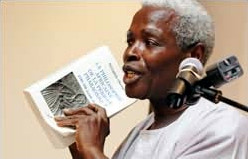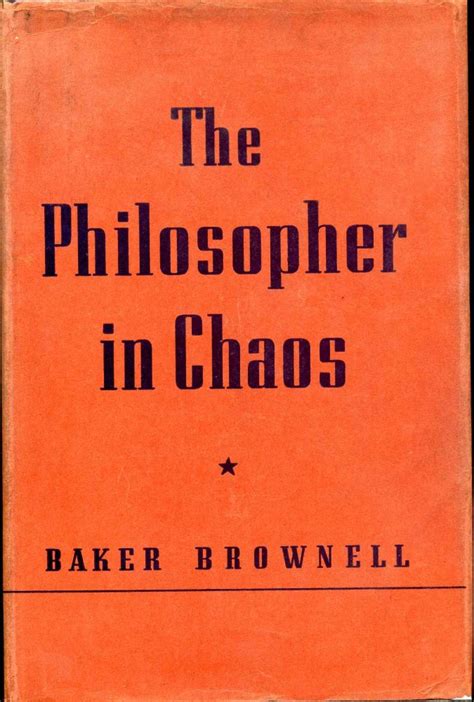A Quote by Simone Weil
We should desire neither the immortality nor the death of any human being, whoever he may be, with whom we have to do.
Related Quotes
We tend to suffer from the illusion that we are capable of dying for a belief or theory. What Hagakure is insisting is that even in merciless death, a futile death that knows neither flower nor fruit has dignity as the death of a human being. If we value so highly the dignity of life, how can we not also value the dignity of death? No death may be called futile.
The idea of immortality, that like a sea has ebbed and flowed in the human heart, with its countless waves of hope and fear, beating against the shores and rocks of time and fate, was not born of any book, nor of any creed, nor of any religion. It was born of human affection, and it will continue to ebb and flow beneath the mists and clouds of doubt and darkness as long as love kisses the lips of death. It is the rainbow -- Hope shining upon the tears of grief.
These fellow-mortals, every one, must be accepted as they are: you can neither straighten their noses, nor brighten their wit, nor rectify their dispositions; and it is these people-amongst whom your life is passed-that it is needful you should tolerate, pity, and love: it is these more or less ugly, stupid, inconsistent people whose movements of goodness you should be able to admire-for whom you should cherish all possible hopes, all possible patience.
There are friends with whom we share neither interests nor any particular experiences, friends with whom we never correspond, whom we seldom meet and then only by chance, but whose existence nonetheless has for us a special if uncanny meaning. For me the Eiffel Tower is just such a friend, and not merely because it happens to be the symbol of a city, for Paris leaves me neither hot nor cold. I first became aware of this attachment of mine when reading in the paper about plans for its demolition, the mere thought of which filled me with alarm.
Atheism can benefit no class of people; neither the unfortunate, whom it bereaves of hope, nor the prosperous, whose joys it renders insipid, nor the soldier, of whom it makes a coward, nor the woman whose beauty and sensibility it mars, nor the mother, who has a son to lose, nor the rulers of men, who have no surer pledge of the fidelity of their subjects than religion.
No government has the right to decide on the truth of scientific principles, nor to prescribe in any way the character of the questions investigated. Neither may a government determine the aesthetic value of artistic creations, nor limit the forms of literacy or artistic expression. Nor should it pronounce on the validity of economic, historic, religious, or philosophical doctrines. Instead it has a duty to its citizens to maintain the freedom, to let those citizens contribute to the further adventure and the development of the human race.
Where there is Love and Wisdom, there is neither Fear nor Ignorance.
Where there is Patience and Humility, there is neither Anger nor Annoyance.
Where there is Poverty and Joy, there is neither Cupidity nor Avarice.
Where there is Peace and Contemplation, there is neither Care nor Restlessness.
Where there is the Fear of God to guard the dwelling, there no enemy can enter.
Where there is Mercy and Prudence, there is neither Excess nor Harshness.
Art arises in those strange complexities of action that are called human beings. It is a kind of human behavior. As such it is not magic, except as human beings are magical. Nor is it concerned in absolutes, eternities, "forms," beyond those that may reside in the context of the human being and be subject to his vicissitudes. Art is not an inner state of consciousness, whatever that may mean. Neither is it essentially a supreme form of communication. Art is human behavior, and its values are contained in human behavior.
Only look to Jesus. He died for you, died in your place, died under the frowns of heaven, that we might die under its smile. Regard neither unbelief nor doubt. Fear neither sin nor hell. Choose neither life nor death. All these are swallowed up in the immensity of Christ and are triumphed over in His cross.









































